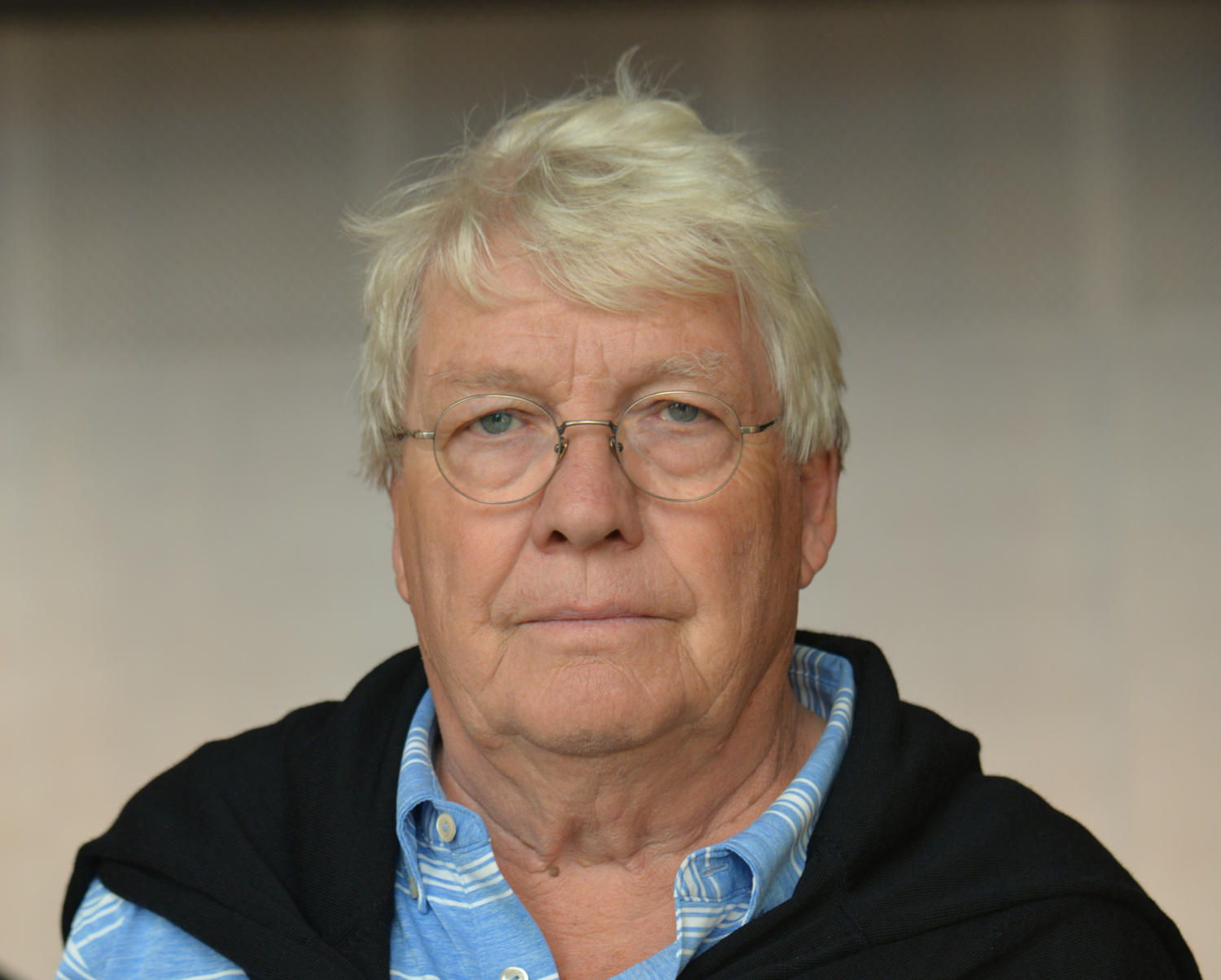The Hon Sussan Ley MP, Minister for the Environment
The Hon Meaghan Scanlon MP, Queensland Minister for the Environment and the Great Barrier Reef
Record levels of investment by the Morrison and Palaszczuk governments are improving the quality of water flowing onto the Reef with key reductions in dissolved nitrogen levels and fine sediments.
The Reef Water Quality Report Card 2020 released today by the Federal Minister for the Environment Sussan Ley and Queensland Minister for the Environment and Great Barrier Reef Meaghan Scanlon shows continued improvements in Reef water quality.
“The 2020 report card shows that our long-term work with communities, business, farmers, landholders and industry groups in Reef catchments is improving water quality and delivering results that protect the values of the Reef,” Minister Ley said.
“We are almost halfway towards the 60% target to reduce dissolved inorganic nitrogen loads by 2025 and more than halfway to the 25% target to reduce fine sediment by 2025.
“One of the key success stories in delivering these outcomes has been the Morrison Government’s $45.7 million Reef Alliance project, which over four years has supported more than 1500 landholders to improve land management practices across cane, grazing, dairy, horticulture and other industries.
“The report card captures progress from the second phase of the project, under the Reef Trust Partnership with the Great Barrier Reef Foundation, which reported 24,840 hectares of sugarcane management practice improvements.”
“There is still more to be done and the Commonwealth is investing $579.9 million in further water quality programs, including key investments to address pollution from urban environments.
“It is part of a wider $3 billion Commonwealth commitment since 2015 to protect the Reef and the 64,000 jobs that depend on it.”
Minister Scanlon thanked farmers who were making land management practice changes to reduce run-off.
“We have committed more than $1 billion towards programs specifically aimed at protecting our iconic Great Barrier Reef since 2015,” Minister Scanlon said.
“This includes $270 million for the Queensland Reef Water Quality Program to tackle pollution in the reef, support conservation efforts and help the agricultural industry to improve their profitability, productivity and water quality.
“In fact, I recently joined communities in Far North Queensland to announce $65.6 million of that funding will go towards focussing on rehabilitating gullies and streambanks, which generate around 77 per cent of fine sediment run off.
“Once again farmers in the Wet Tropics and Burdekin regions demonstrated the greatest progress with reducing dissolved inorganic nitrogen run-off, with those in the Johnstone catchment of the Wet Tropics region recording an annual reduction of 6.4%.
“These results were mostly due to sugarcane farmers adopting improved nitrogen fertiliser management and mill mud application practices, through the industry-led SmartCane Best Management Practice program.
“This year’s results clearly show the efforts landholders are making to reduce run-off is working and why need to continue to our work with industry, businesses and communities.”
The Reef water quality report card uses the best available science, monitoring and modelling programs to track progress towards the water quality targets.
The Reef Water Quality Report Card 2020 is available here:








